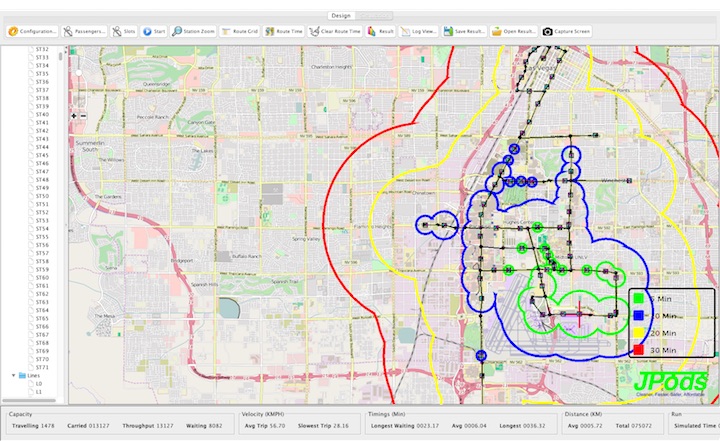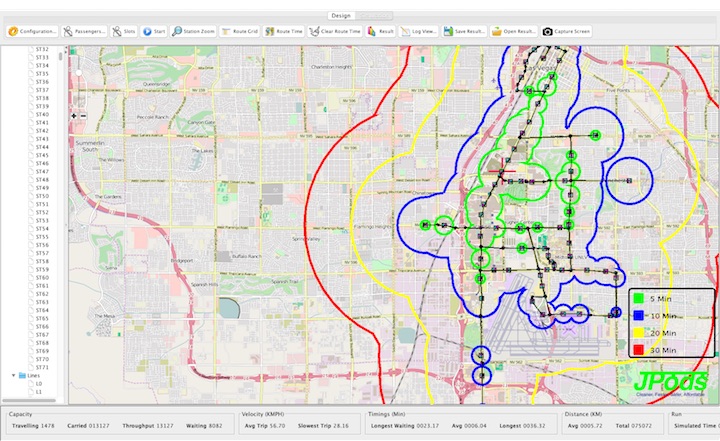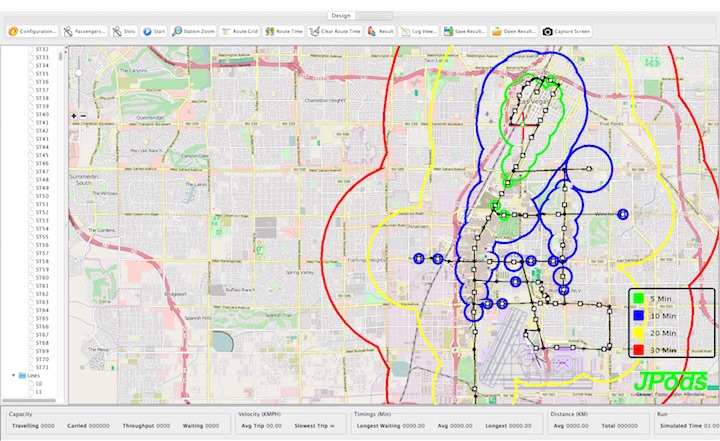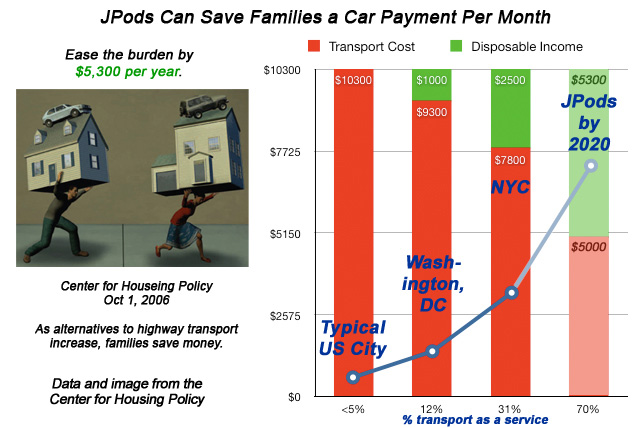- Home
- About
- Advantages of JPods
- Capacity
- Conservation
- Economics
- 10X Capital Savings
- Base the $ on Energy
- Dangerous Economic Assumptions
- Free Markets
- Jobs
- Land Use
- Linear Barriers to Commerce and Nature
- Metrics: Replace GDP with Disposable Energy
- Parking
- Supply_Demand
- Free Market Efficiency
- Net Energy Decline
- Inaccurate IEA Forecasts
- 'Titanic' Oil Economy
- Paychecks and Oil
- History
- Lifeboat Paradox
- Links
- Management Team
- Metrics
- Payback
- Peak Oil
- Project Flow
- Recipe
- Solar
- Technologies
- What are JPods
- Why JPods®
- Be Involved
- Key Steps
- Franchise Agreement (draft)
- Solar Mobility Act
- Own and Operate a JPods Network
- Become a JPods Supplier
- Design Your Own JPods Network
- Investors
- Spread The Word
- 8-80 Cities
- Agreements
- Cities of the Sun
- Domestic War by 2023
- Kitty Hawk Network
- Regulation
- San Jose State
- Scale Model
- Railroad 1862
- News
- Cities
- Contacts
You are here
Las Vegas, NV (archive)
Maps created with JPods RouteTime software that simulates networks. From the Red Cross you can walk, travel, walk to within Green in 5 minutes, Bule in 10 minutes, Yellow in 20 minutes, and Red in 30 minutes.



Time Maps: Start Small, Iterate Relentlessly
Garden Girls and Debt, Oil Impact on Young Live
Summary of How to Re-tool Transport by 2020
Appearance
Jobs Re-tooling Provides opportunity to re-establish America's manufacturing base. Counting walking, ticketing and travel time from the Blue Cross, areas in Green are 10 minutes, areas in Yellow are in 20 minutes and areas in Red are in 30 minutes. Black lines represent computer instructions on distances for calculating travel times, not precise routes. Example of Stadium NetworkMore images by Robert Therrien and Judeth Van Hamm matching JPods technology to local esthetics. This network is primarily locally owned. Local interests will make the decisions. Example station: Principles: Self-reliance is the Solution, Debt is the Tax on Future LaborLife requires energy. Oil is finite so life and nations based on oil are terminal. Less affordable energy, less life. Even without the oil supply shocks of the 1970, as gasoline prices increase people have more and more difficulty affording to pay for both their mortgage and commute. Building the JPods network in Hull my cut the number of cars a family needs and save families a car payment per month. Joint Forces Command's Joint Operating Environment 2010 (JOE-2010) warning to all US military commands:
The vast majority of people recognize that Oil is Finite. The vast majority of people recognize that depleting resources threatens our children, but significantly fewer accept that we are taxing our children without their consent and voting benefits for ourselves that will have to be paid for by the labor of children. Less than 50% of people believe a solution is possible. But that is normal. Innovation comes from individuals or small groups. Free markets works by allowing niches for innovators to create solutions and the aggregate the wisdom of the many to choose between choices. When the government controlled the means of production in communications, we had a century of rotary telephones; government institutions strive for consistency above all else. In 1984 the courts enforced the Constitution and restored communications to free markets. When liberty to choose networks was restored to the people, the Internet and cell nets commercialized. Millions of jobs, vast innovation and better service at lower costs. When control over the means of production in transportation is restored to free markets, JPods, ET3 and other alternative networks will commercialize to provide freight rail efficiency in personal and urban cargo transport. |
Theme by Danetsoft and Danang Probo Sayekti inspired by Maksimer














